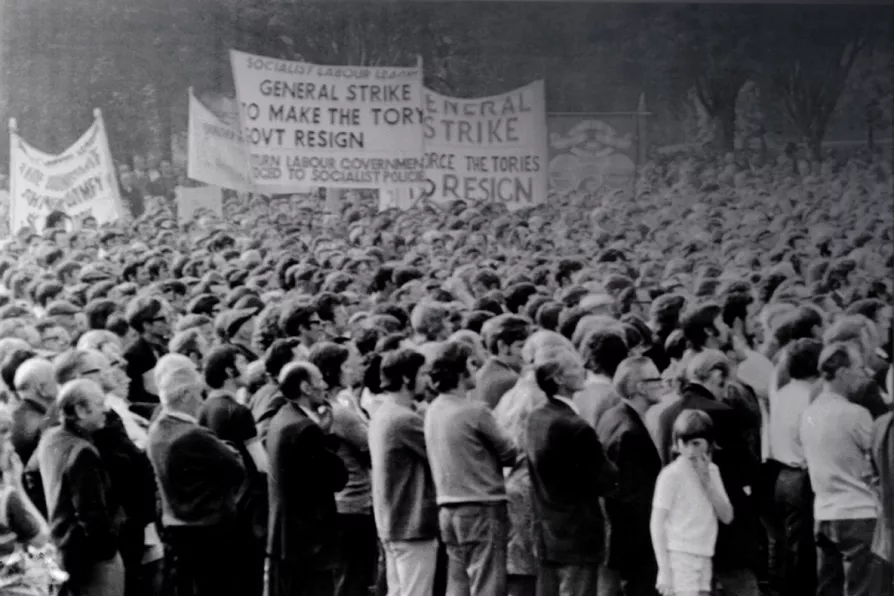John Wojcik pays tribute to a black US activist who spent six decades at the forefront of struggles for voting rights, economic justice and peace – reshaping US politics and inspiring movements worldwide

 MASS TURNOUT: 40,000 workers march in Glasgow, August 1971
MASS TURNOUT: 40,000 workers march in Glasgow, August 1971
THIS year marks the 50th anniversary of the work-in at Upper Clyde Shipbuilders (UCS) and the Scottish Labour History Society has organised the first event to commemorate it, taking place in Glasgow on Thursday.
Why is it still important to remember this event 50 years on? Principally because the trade union and labour movement can still draw strength and encouragement from its example.
On July 31 1971, 8,000 shipyard workers took possession of the four giant shipyards on the Upper Clyde. For the following 15 months they staged a “work-in.”

NICK TROY lauds the young staff at a hotel chain and cinema giant who are ready to take on the bosses for their rights

As bus builder Alexander Dennis threatens Falkirk closure and Grangemouth faces ruthless shutdown by tax exile Jim Ratcliffe, RICHARD LEONARD MSP warns that global corporations must be resisted by a bold industrial strategy based on public ownership

From Workers’ Memorial Day to May Day rallies, TOM MORRISON examines the real challenges facing the labour movement as Reform UK’s glossy literature exploits legitimate grievances in traditional left strongholds

Glasgow Trade Union Education Centre secures two-year partnership after a landmark campaign









